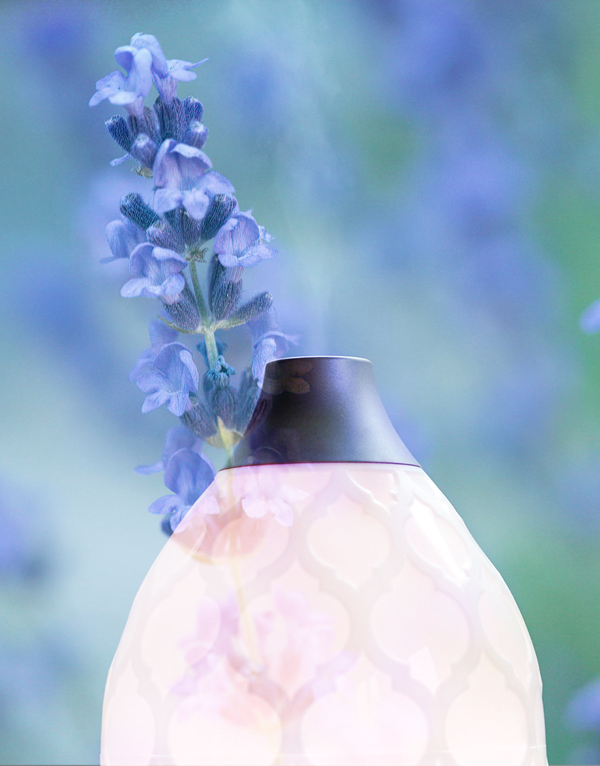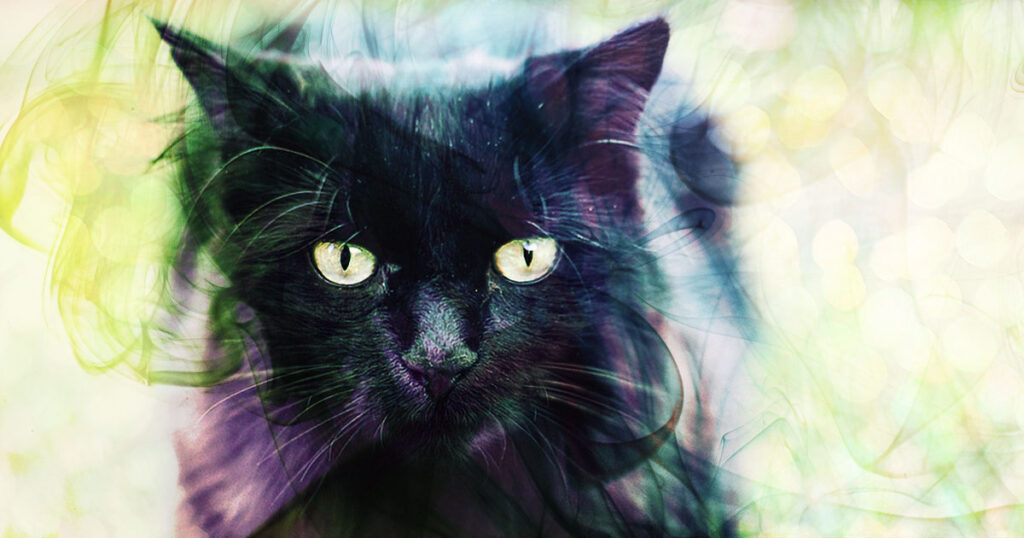Essential oils are being marketed everywhere. Those who choose to use them need to know that essential oils can be toxic to pets, possibly leading to death.
Tea Tree Oil Holds the Most Danger
From Pet MD
Although many oils affect pets, tea tree oil holds the most danger. No undiluted tea tree oil is safe for dogs or cats. If you do use it in a diffuser, please carefully monitor your pets.
Symptoms of toxicity vary depending on the dose of terpenes ingested. Minor symptoms like drooling or vomiting may be found with mild doses of oil. Animals with moderate illness may appear weak, have difficulty walking, or seem partially paralyzed. Severely ill animals have life-threating symptoms like tremors, seizures, greatly reduced level of consciousness, or coma. Symptoms follow 2 to 12 hours after exposure.
Treatment of Tea Tree Oil Poisoning: There is no antidote for terpenes. Treatment is based on the level of toxicity. Get your cat to a vet ASAP.
The Dangers of Essential Oils
From 24PetWatch
Unfortunately, products labeled “all natural” or “organic” are not always safe for dogs and cats because our pets often can’t metabolize substances the way we do. This makes it difficult for them to eliminate certain toxins from their bodies, including some essential oils. These can be very dangerous to pets if ingested, inhaled, or applied topically – especially in highly-concentrated forms.
Symptoms of Poisoning
Pet parents should monitor their pets for the following signs of essential oil toxicity. Prompt veterinary treatment as soon as any of these symptoms appear is key to preventing long-lasting respiratory, neurologic, or liver damage.
- Gastrointestinal upset: Symptoms include drooling, vomiting, diarrhea.
- Respiratory irritation: Symptoms include sneezing, coughing, wheezing, difficulty breathing, panting open-mouth breathing in a cat. Severe cases can result in aspiration pneumonia and respiratory distress.
- Dermatologic irritation or injury to the eyes, ears, nose, or throat: Symptoms include red or watery eyes, squinting the eye or holding it shut, running nose, red lips or gums, red skin, drooling, pawing at the face (due to a burning sensation).
- Central nervous system impairment: Symptoms include ataxia (wobbliness or difficulty standing), muscle weakness or tremors, depression or lethargy, behavior changes. Severe cases can result in collapse, seizures, paralysis of the hind limbs, hypothermia (low body temperature), bradycardia (low heart rate), and hypotension (low blood pressure).
- Liver damage: Symptoms include vomiting, increased urination, and thirst, yellowing of the eyes/skin/gums, bruising. Severe cases can result in liver failure or hepatic necrosis.
From: Canadian Veterinary Medical Association
Can I use essential oils if I have cats?
As with many things, the ultimate answer to this is, “It depends.” Factors such as the type of oil, method of use, concentration, and individual cat sensitivities play a role in the risk of essential oil toxicity.
There is mixed opinion on the use of vaporized or aerosolized essential oils. While the risk of acute toxicity is low with inhaled oils at low concentrations, some people believe there is the possibility of long-term cumulative damage that may increase the risk of liver and lung diseases. Others believe this risk is insignificantly low.

General Guidelines
From: Cabbagetown Pet Clinic
General guidelines for the use of essential oils in homes with your feline friends:
- Do not apply or feed essential oils directly to cats, or leave oils in areas where they may come in direct contact. While some oils do have insect repellant capabilities and smell great, the risk of serious or fatal reactions in your cat is high. Your inquisitive pet will thank you.
- If your cat has asthma, allergies, or another respiratory conditions, avoid all use of essential oils.
- Keep cats out of rooms with a high concentration of essential oils. Kittens, elderly cats, or cats who have liver or respiratory problems should be kept out of any room where essential oil diffusers are used.
